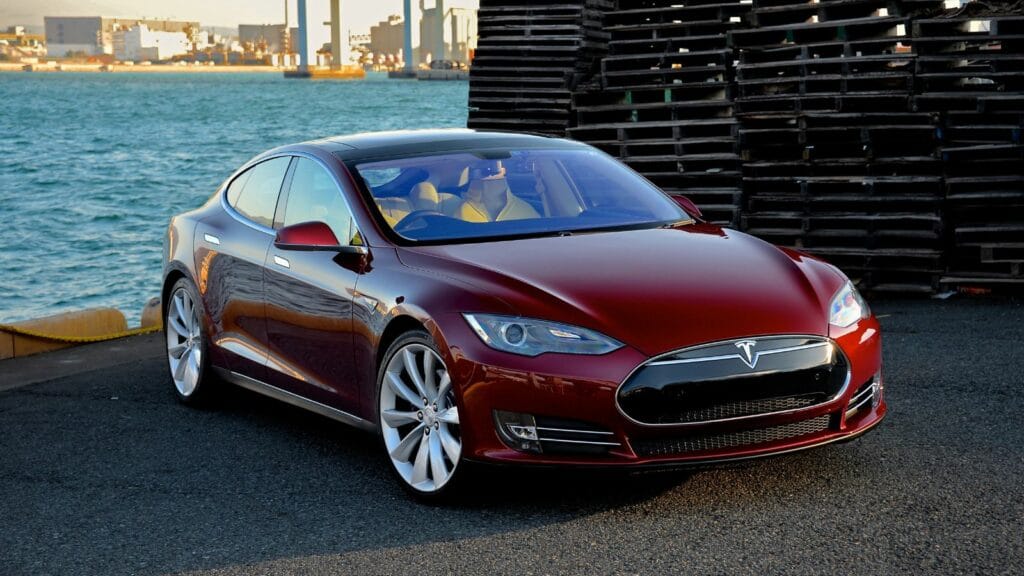Tesla is often portrayed as the future of driving, thanks to its electric powertrains, tech-heavy interiors, and headline-grabbing performance figures. But while Tesla has disrupted the industry, it is not necessarily the best choice for most drivers in North America. Traditional carmakers brands like Toyota, Ford, GM, Honda, and Mercedes-Benz have decades of experience that Tesla simply cannot replicate yet. In real-world ownership, these legacy automakers continue to outshine Tesla in many areas. Here are fifteen reasons why traditional manufacturers are actually better, with examples that prove it.
Dealer and Service Networks

Ford, Toyota, GM, and Honda have thousands of dealerships across the U.S. and Canada. This means if you break down in a rural town, there is almost always a nearby place to get service. Tesla, by contrast, operates with far fewer service centers, often forcing owners to travel long distances or wait weeks for an appointment. For example, Toyota’s nationwide dealer network makes owning a Corolla or RAV4 painless when it comes to maintenance, while a Tesla Model 3 owner may have to rely on a mobile technician or tow their vehicle hundreds of miles.
Build Quality and Consistency

Tesla has long been criticized for inconsistent build quality, with issues like panel gaps, misaligned trim, and weak paint durability. Traditional automakers, having refined manufacturing over decades, deliver consistent results. Honda’s Accord and Toyota’s Camry are renowned for precision assembly and long-lasting paint, while luxury brands like Lexus and Mercedes-Benz are benchmarks for craftsmanship. A Tesla might feel futuristic, but when it comes to durability and fit and finish, traditional manufacturers still lead.
Interior Materials and Comfort
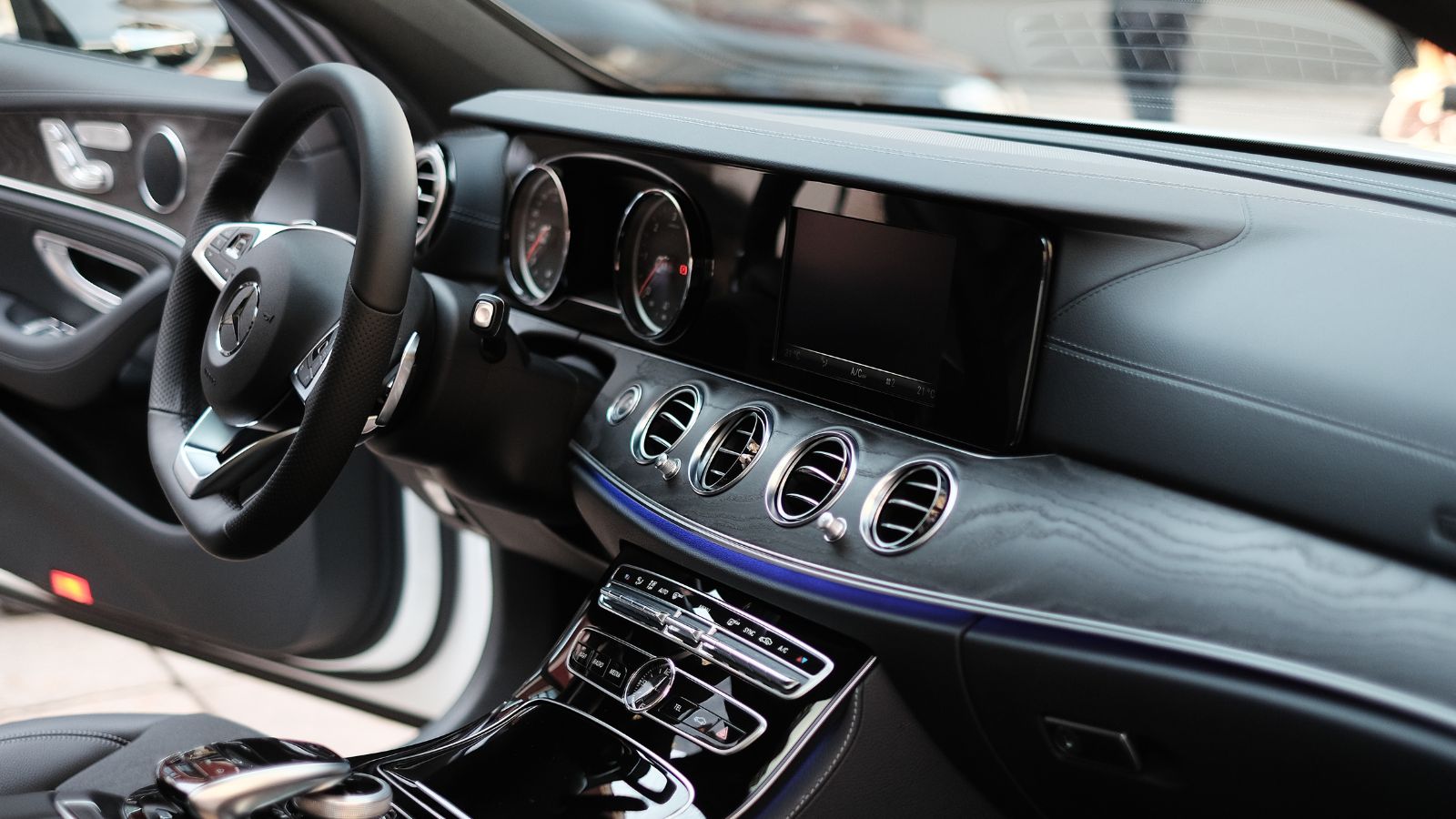
Tesla’s minimalist interiors look futuristic but often feel sparse and lack premium materials in non-luxury trims. Meanwhile, Hyundai’s Genesis G80, Mercedes E-Class, or even a mid-range Honda CR-V offer plush seating, quality stitching, and attention to detail. Buyers who want luxury touches like soft leather, real wood, and intuitive controls find that legacy automakers deliver far more comfort and refinement than Tesla’s screen-focused cabins.
Range of Models
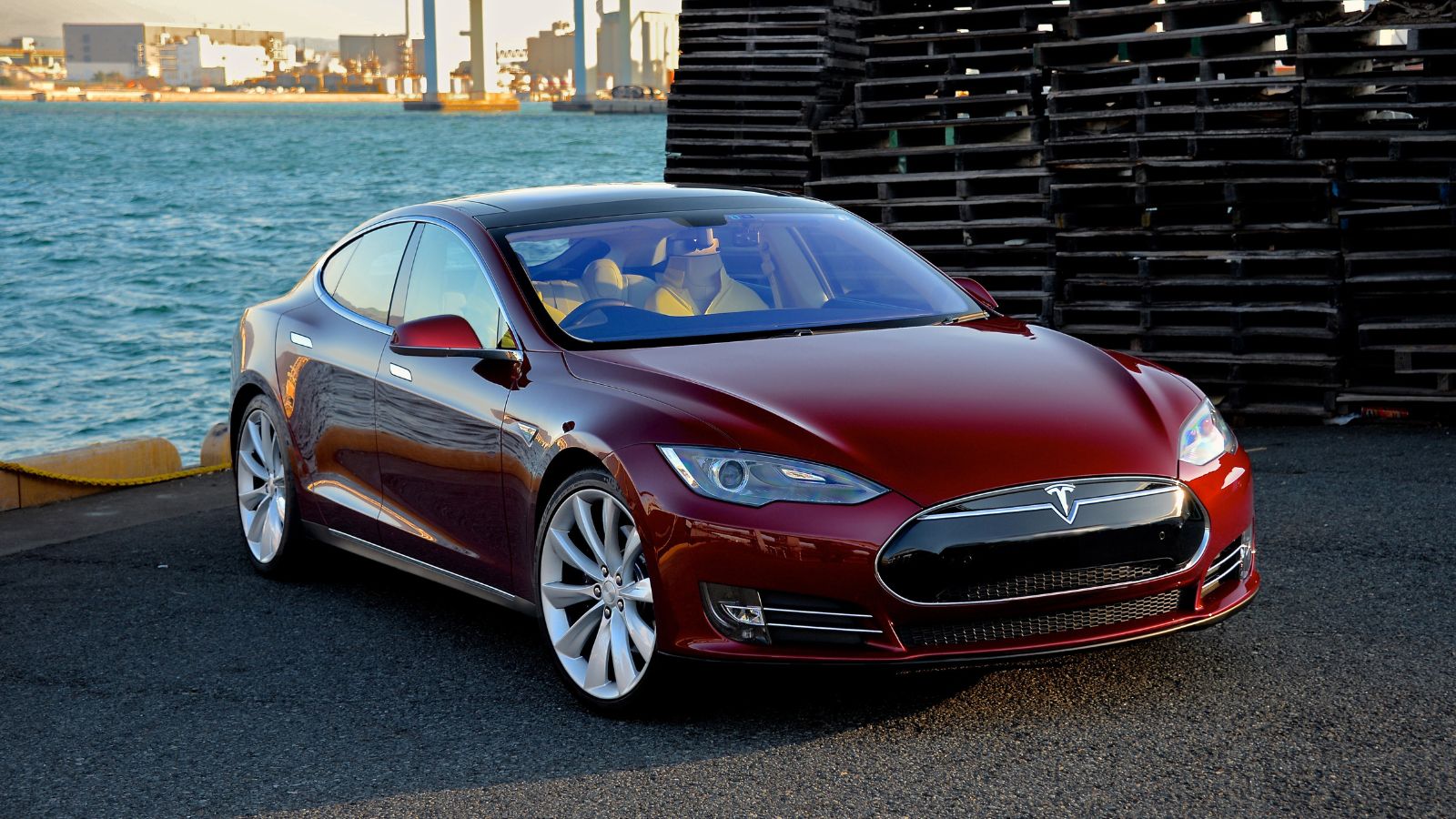
Tesla offers four main models Model S, Model 3, Model X, and Model Y. Compare that to GM, which offers dozens of vehicles across Chevrolet, GMC, Buick, and Cadillac, or Ford, which spans everything from the compact Escape to the F-150 and Mustang Mach-E. Toyota and Kia both offer hybrids, EVs, trucks, SUVs, and sedans. Traditional automakers simply provide more choices, ensuring that consumers find exactly what fits their lifestyle rather than trying to make do with Tesla’s limited lineup.
Proven Safety and Crash Testing
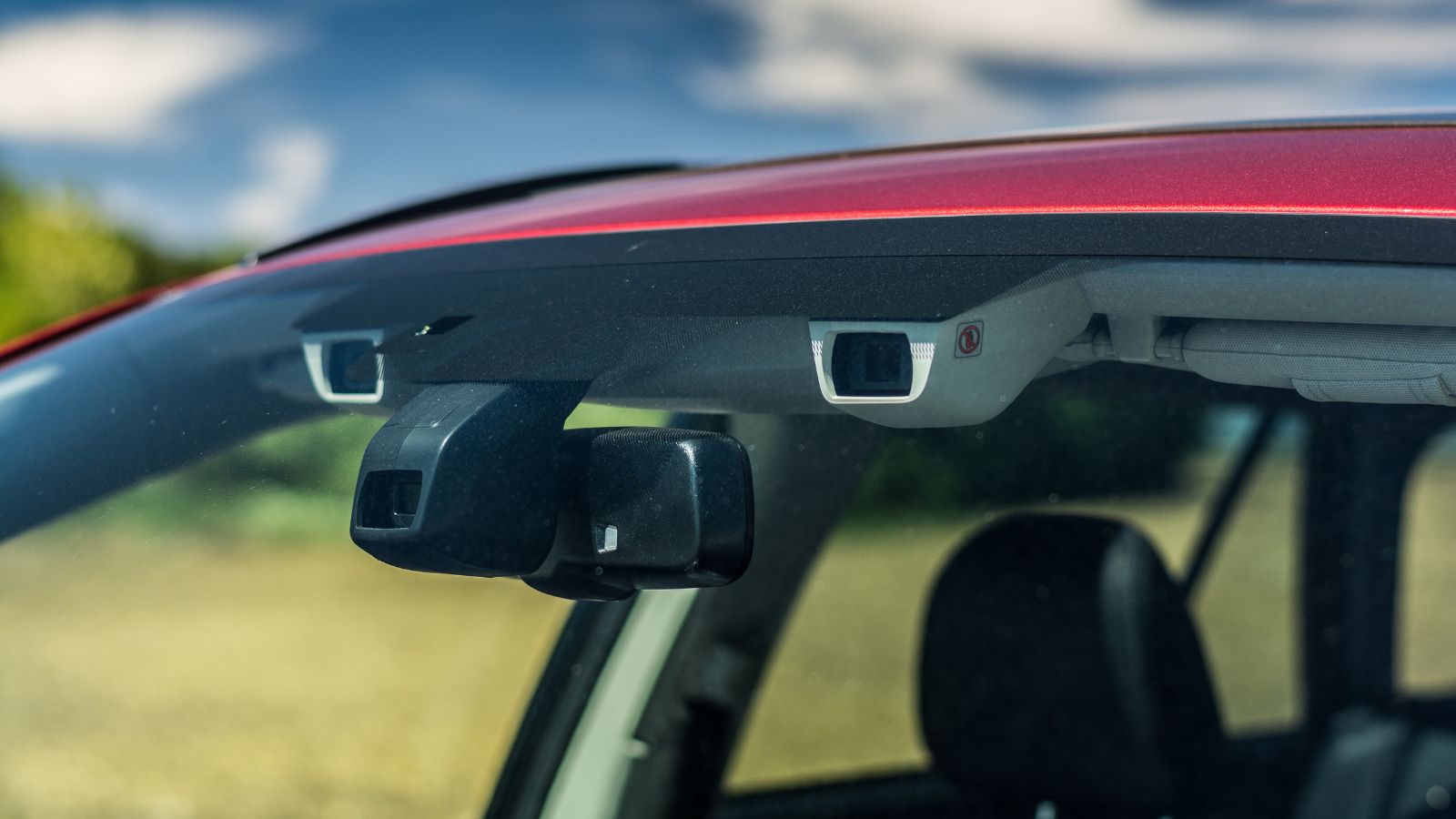
Tesla markets its cars as some of the safest on the road, but companies like Volvo, Mercedes-Benz, and Subaru have been leaders in safety innovation for decades. Features like crumple zones, anti-lock brakes, and airbags were pioneered by these brands. Subaru’s EyeSight system and Volvo’s City Safety are considered among the best driver-assist packages in the industry. Tesla’s safety features are impressive, but they are building on foundations laid by traditional automakers.
Affordability and Price Range
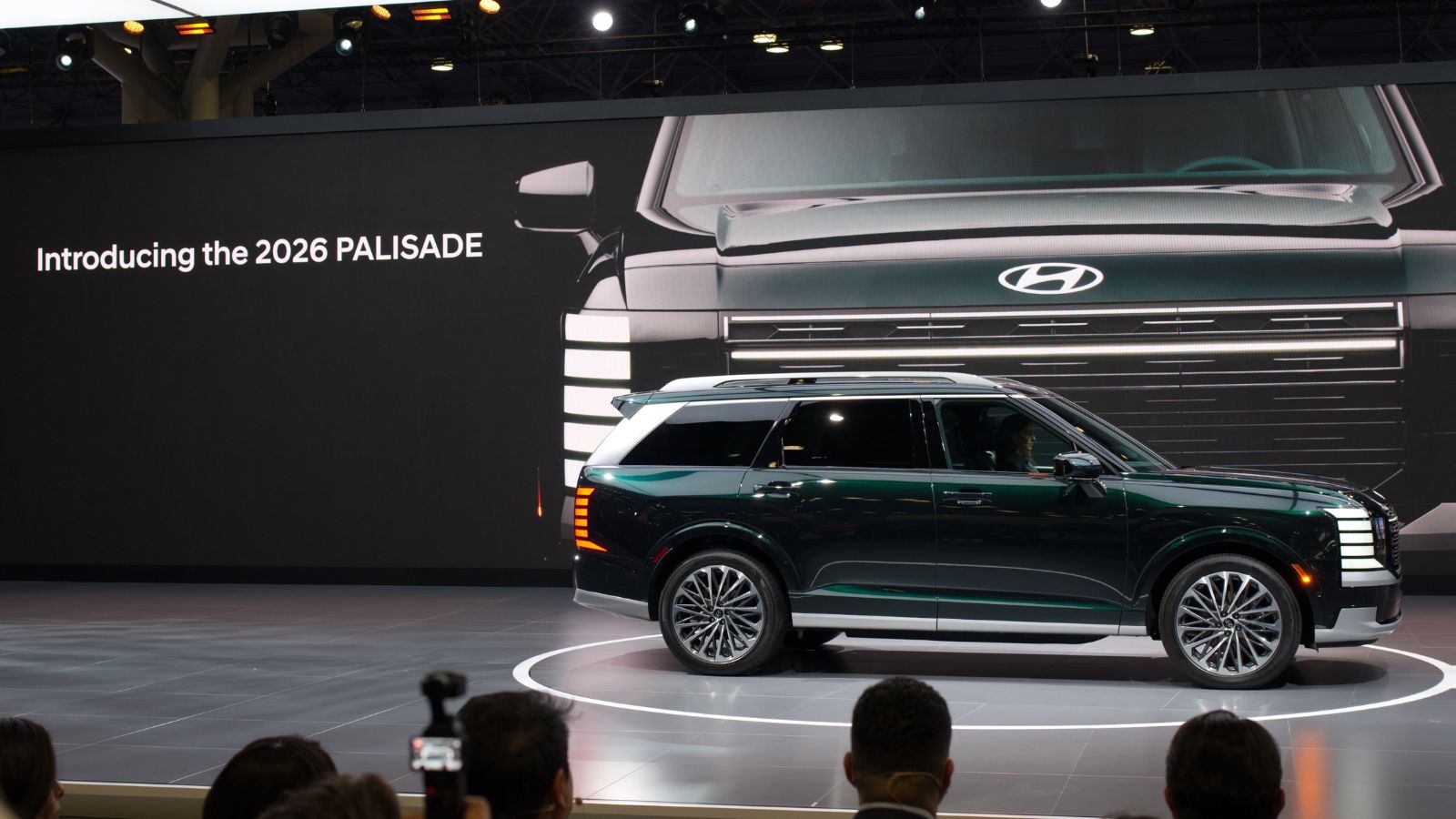
Tesla vehicles often cost well above comparable gasoline or hybrid models. The base Model 3 has crept past $40,000, while a Toyota Corolla starts under $25,000 with excellent reliability and efficiency. Kia and Hyundai offer feature-rich sedans and SUVs well below the cost of an entry-level Tesla. Even in the EV market, Chevrolet’s Bolt EV and Nissan’s Leaf undercut Tesla significantly, proving traditional automakers offer electrification at a more affordable price point.
Established Reliability
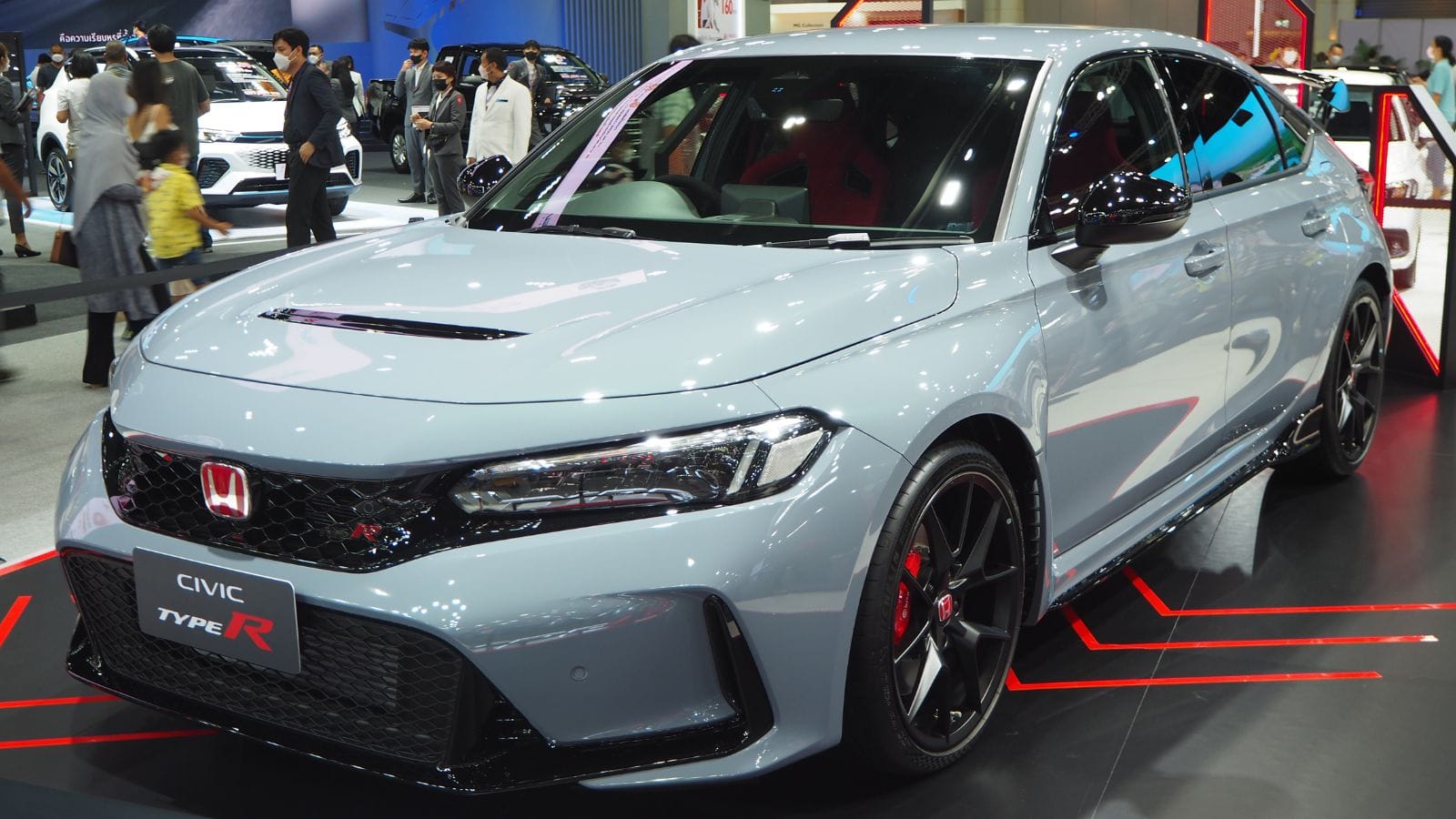
Toyota’s Corolla and Camry, Honda’s Civic and Accord, and Ford’s F-150 are all known for lasting hundreds of thousands of miles with routine maintenance. Tesla, by contrast, struggles with reliability surveys from groups like J.D. Power and Consumer Reports. Common complaints include premature battery degradation, malfunctioning electronics, and inconsistent assembly. Buyers who want a car that will go 250,000 miles without drama still put their faith in legacy brands.
Better Dealer Support for Financing and Trade-Ins
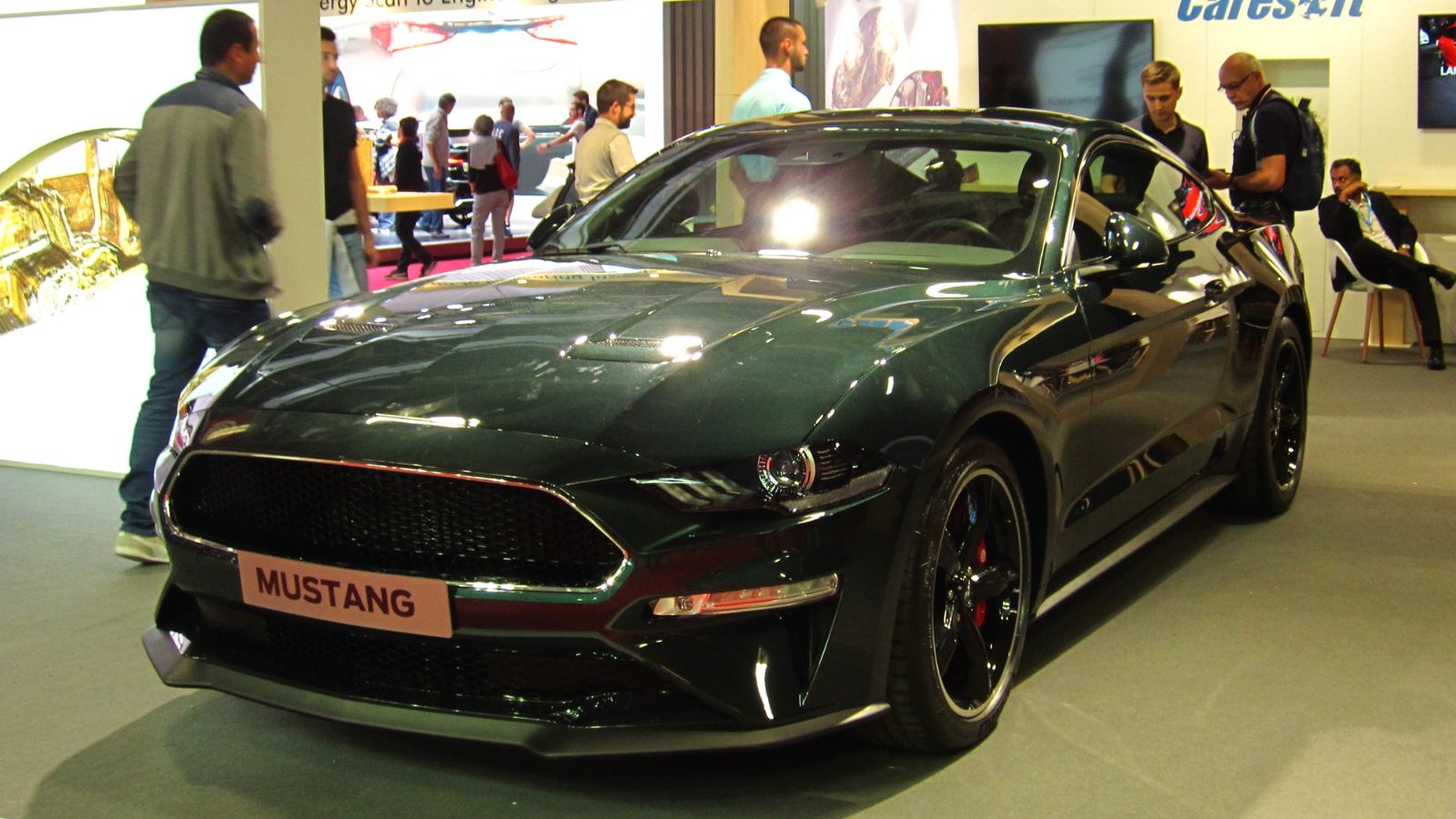
Buying a Toyota, Ford, or Chevrolet comes with a full dealership experience, which includes financing options, trade-in deals, and incentives. Dealers often tailor payment plans or sweeten the deal with service packages. Tesla offers a streamlined online buying process, but it lacks flexibility. A Ford buyer trading in an older Escape for a new Explorer has an easier financial path than a Tesla buyer selling their old car privately.
Wider Global Supply Chains
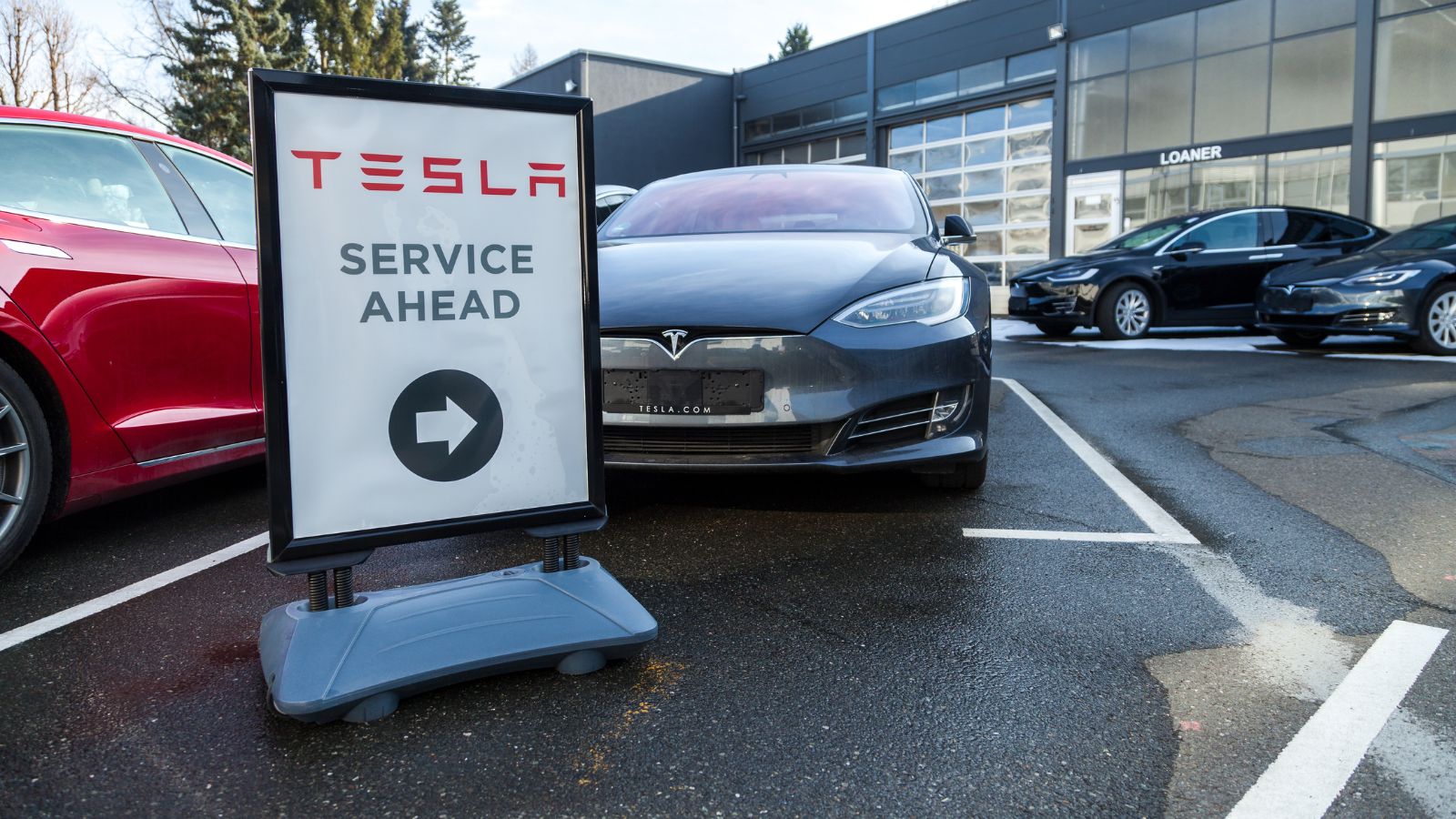
Traditional manufacturers have decades-old supply chains that can deliver parts quickly. GM and Ford’s parts networks reach into nearly every corner of North America, ensuring owners are rarely stranded waiting for components. Tesla’s limited scale means parts shortages are common, leaving owners waiting weeks for simple repairs. For example, a Chevrolet Silverado can be repaired almost anywhere, while Tesla Model Y owners sometimes wait months for replacement glass or trim.
Diverse Powertrain Options
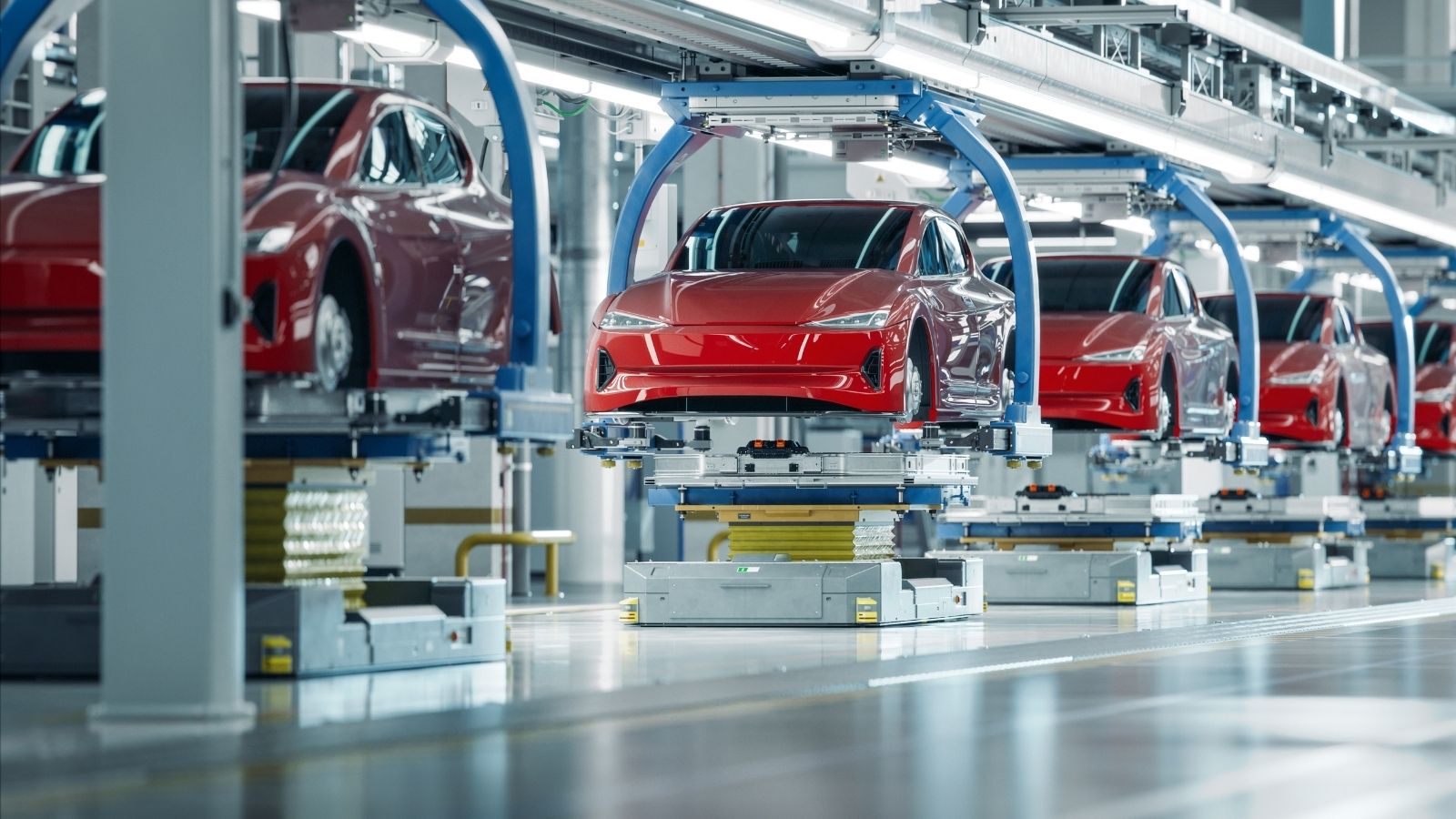
Legacy automakers give buyers options, whether it is gasoline, diesel, hybrid, plug-in hybrid, or full electric. Toyota is a leader in hybrid technology, Ford offers hybrid pickups, and GM now produces electric trucks alongside traditional gasoline engines. Tesla forces buyers into EVs whether or not their lifestyle suits it. A family in a rural area might find a Toyota RAV4 Hybrid or a Ford Escape Plug-in Hybrid far more practical than committing to a Tesla without charging access.
Long Track Record of Performance Cars
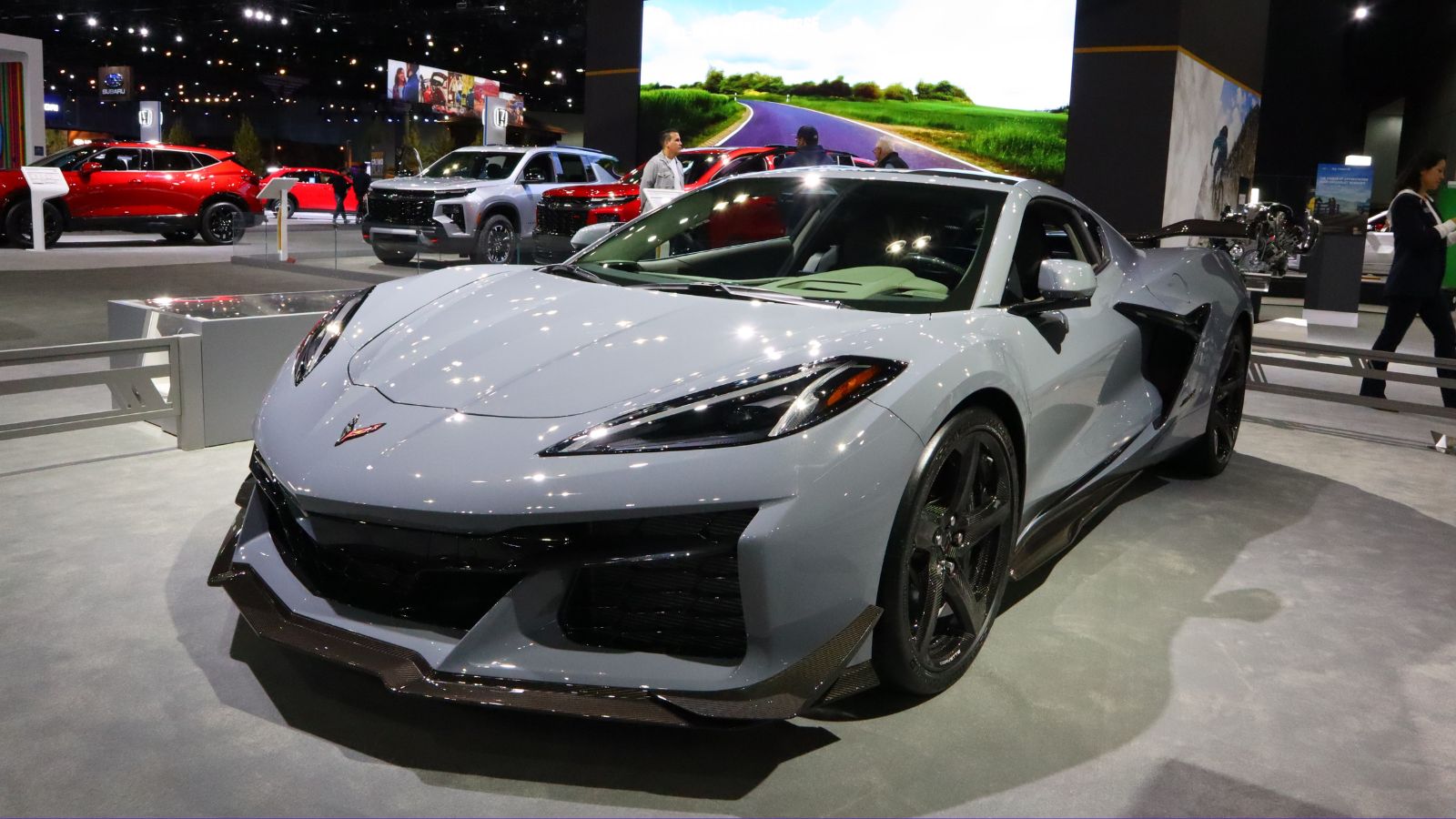
Tesla’s Ludicrous Mode provides shocking acceleration, but traditional automakers have a heritage of performance that Tesla cannot touch. Chevrolet’s Corvette, Ford’s Mustang, and BMW’s M-series are products of decades of motorsport experience. Porsche has honed the 911 for generations, combining acceleration with track-tested handling and durability. Tesla may be fast in a straight line, but it lacks the depth of engineering and racing pedigree that makes these icons truly special.
Durability in Harsh Conditions
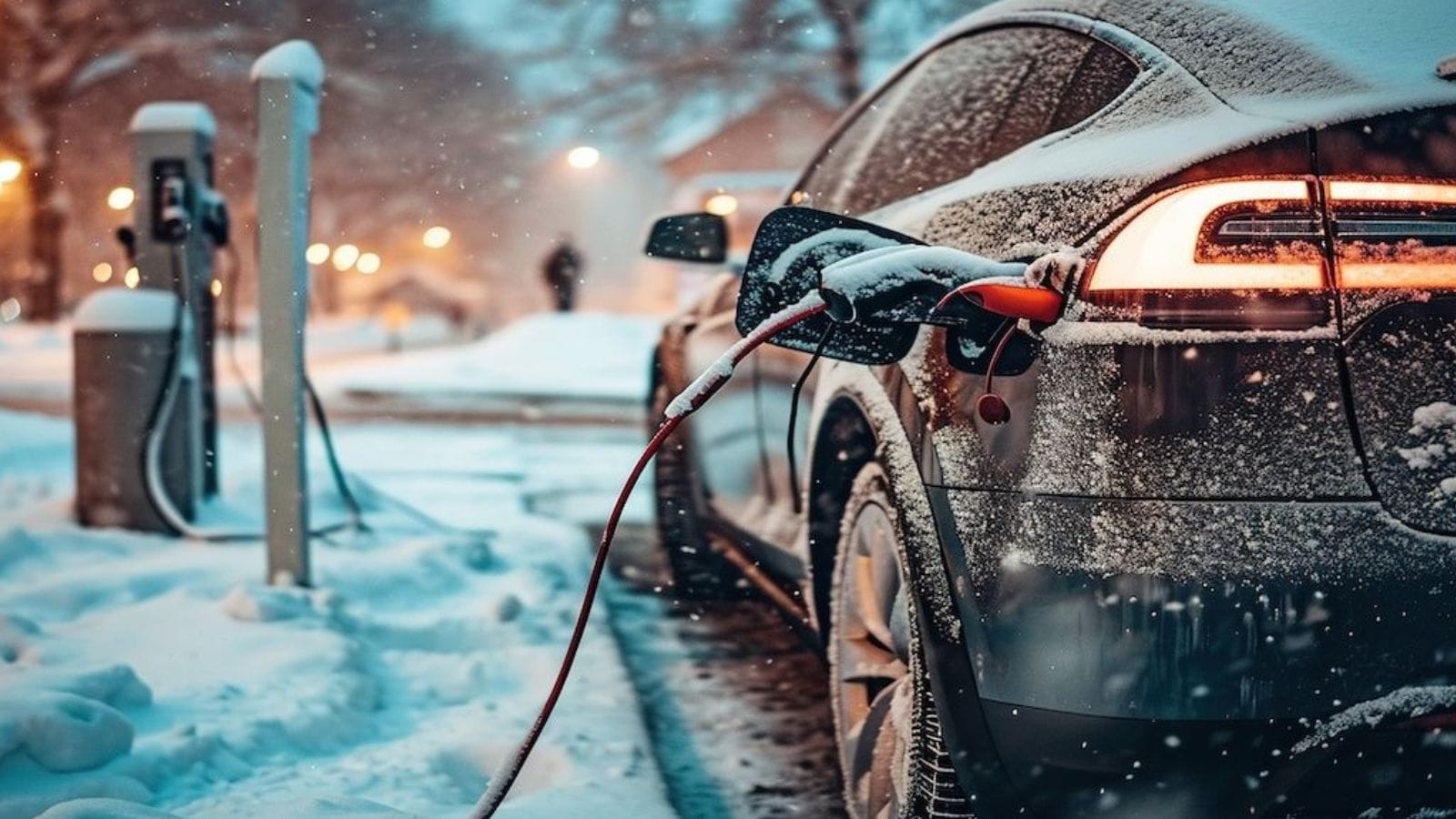
Cold winters in Canada and the northern U.S. reduce EV range dramatically, sometimes by as much as 40 percent. Gasoline and hybrid vehicles from brands like Toyota, Subaru, and Ford thrive in these conditions without range penalties. Trucks like the Ford F-150 or Ram 1500 also dominate in regions where towing, hauling, and off-road ability matter more than outright efficiency. Tesla’s EVs struggle in places where durability and resilience are non-negotiable.
Dealer Service in Emergencies
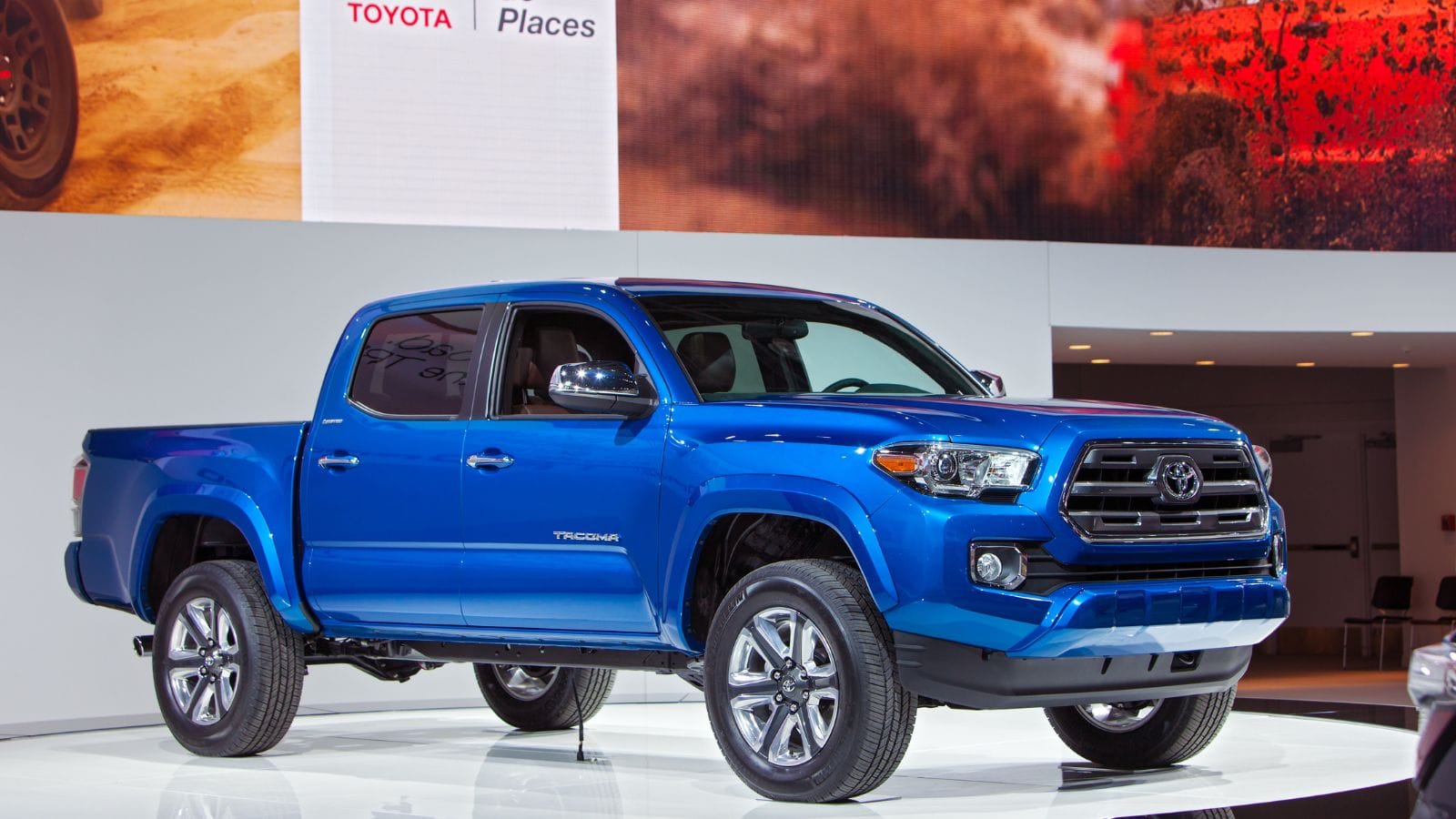
When a Ford F-150 or Toyota Tacoma breaks down, a nearby dealer can typically handle the repair quickly. Tesla owners often have no such luxury and must wait for a mobile technician or arrange for towing to the nearest service center. In emergencies, especially during long road trips, the traditional dealer network provides reassurance that Tesla cannot yet match.
Wider Resale Market
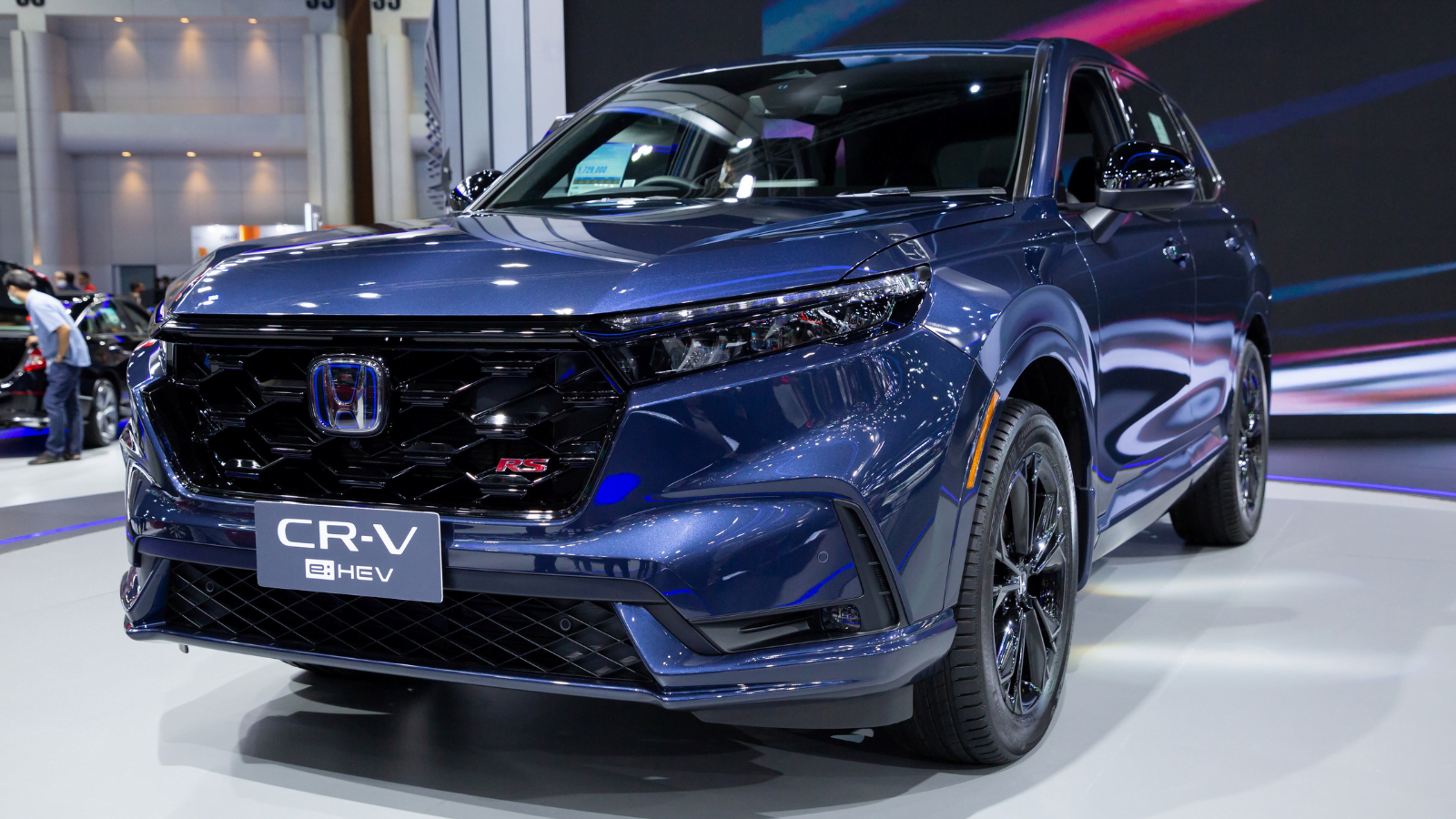
Used car buyers are comfortable with traditional brands like Honda, Toyota, and Ford, which have decades of trust built into their reputations. A Toyota Corolla or Honda CR-V is a safe bet on the secondhand market. Tesla resale values are inconsistent, with buyers nervous about long-term battery life, costly repairs, and software obsolescence. Traditional cars hold value better because they have proven durability over time.
Proven Longevity of Engines and Platforms
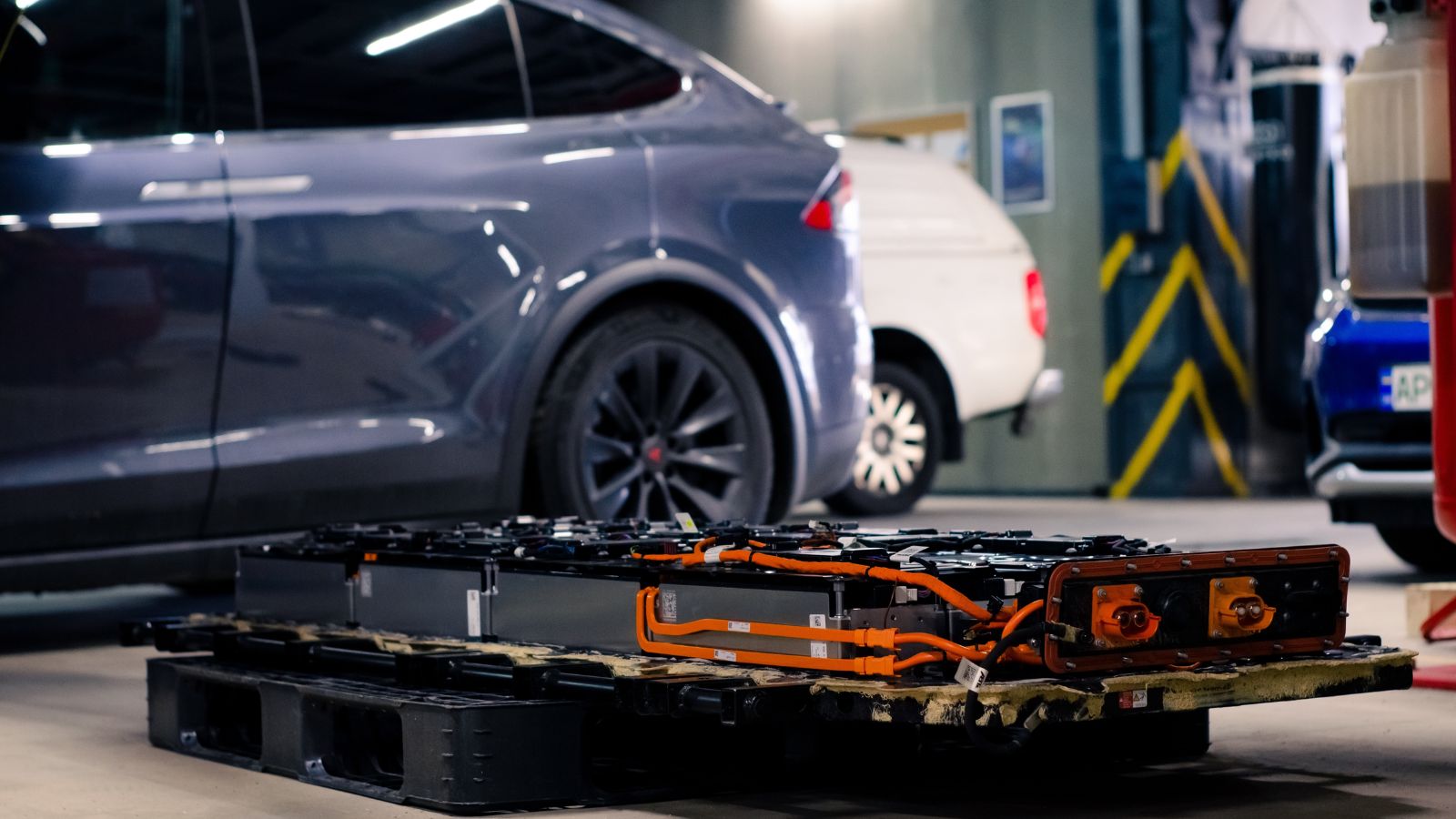
Engines like Toyota’s 2.5-liter four-cylinder, Honda’s V6, or GM’s small-block V8 have proven themselves over millions of vehicles and decades of use. Many of these engines regularly see 200,000 to 300,000 miles with basic care. Tesla’s battery technology is improving, but it is still too new to prove its longevity at scale. For buyers seeking a vehicle they can hand down to their kids, traditional automakers have the stronger track record.
The Reality
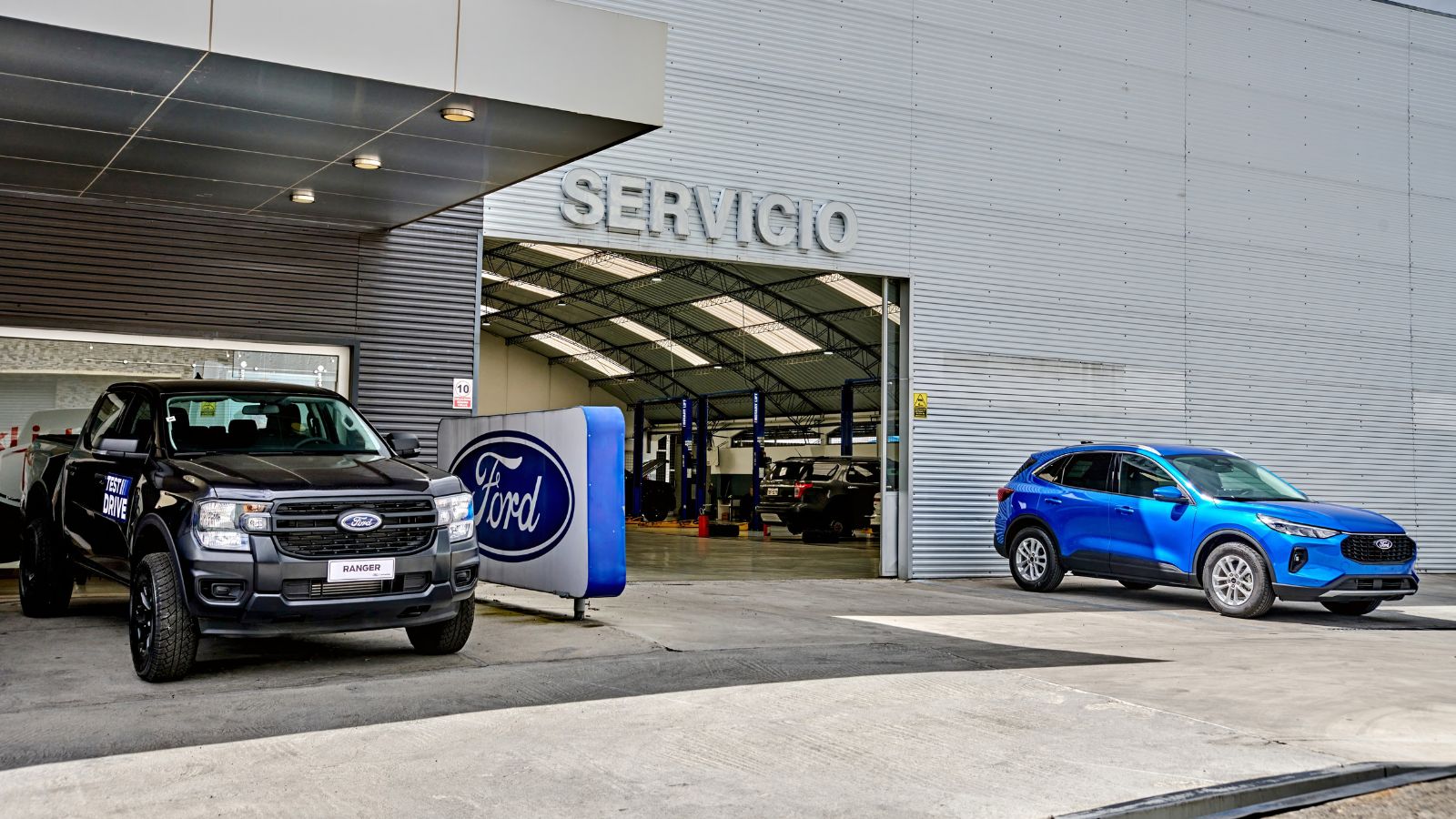
Tesla may have changed the conversation about what cars can be, but that does not mean it has surpassed traditional automakers in every area. In fact, legacy brands still outperform Tesla in reliability, variety, build quality, service, and long-term ownership experience. Whether it is Toyota’s unmatched reliability, Ford’s dealer support, or Mercedes-Benz’s luxury and safety leadership, traditional manufacturers continue to deliver a level of completeness that Tesla simply has not matched yet. For most drivers, choosing a traditional automaker is still the smarter, safer, and more satisfying move.
25 Facts About Car Loans That Most Drivers Don’t Realize

Car loans are one of the most common ways people fund car purchases. Like any other kind of loan, car loans can have certain features that can be regarded as an advantage or a disadvantage to the borrower. Understanding all essential facts about car loans and how they work to ensure that you get the best deal for your financial situation is essential. Here are 25 shocking facts about car loans that most drivers don’t realize:
25 Facts About Car Loans That Most Drivers Don’t Realize
